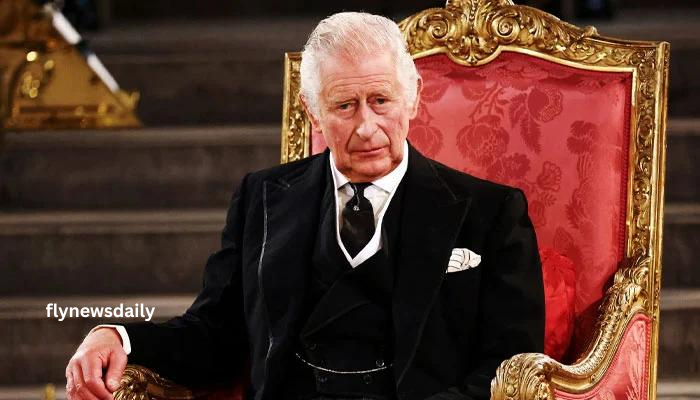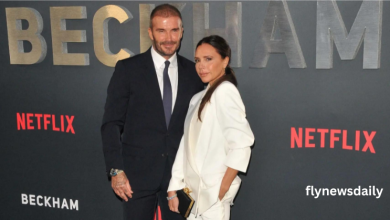
For centuries, the British monarchy has been steeped in traditions that have shaped the very foundation of its identity. From coronation ceremonies to protocols on royal duties, the House of Windsor, like its predecessors, has upheld these customs with utmost respect. However, when King Charles III made a bold decision to depart from one of these long-standing traditions, it sent shockwaves through royal circles and beyond. This unprecedented move, while intended to symbolize progress, has sparked questions of regret and reflection.
The Context of Royal Traditions
Overview of Historical Royal Traditions
The British monarchy is one of the oldest institutions in the world, and its traditions have been carefully preserved over the centuries. These traditions serve not only as ceremonial practices but also as a means of maintaining the monarchy’s influence, stability, and continuity. For example, the coronation ceremony of the British sovereign, filled with historical symbolism, has been passed down for over 1,000 years. The importance of these traditions cannot be understated, as they form the bedrock of the monarchy’s public image and the reverence it commands globally.
Charles’ Royal Background
Before ascending the throne, King Charles III had spent decades as the Prince of Wales, preparing for his future role as king. Throughout his life, he has been closely associated with efforts to modernize the monarchy, from his environmental advocacy to his charitable work. These efforts set the stage for the bold move he would make once he assumed the throne.
The Bold Move by King Charles
What Was King Charles’ Bold Move?
King Charles III’s decision to break from tradition centered around the coronation oath—a core part of the coronation ceremony where the monarch pledges loyalty to the Church of England. In a surprise move, Charles modified the oath to reflect a more inclusive stance toward all religious faiths, symbolizing the modern, multicultural face of Britain. This unprecedented alteration was seen by some as a bold step toward inclusivity, while others viewed it as a significant departure from the monarch’s traditional role as Defender of the Faith.
The Motivation Behind His Decision
The motivations behind King Charles’ decision are complex. As a long-time advocate for interfaith dialogue, Charles has often spoken about the need for the monarchy to reflect the diverse makeup of modern Britain. By altering the coronation oath, he hoped to demonstrate the monarchy’s ability to evolve in an increasingly pluralistic society. His vision of a more progressive, inclusive monarchy was at the heart of this decision.
Influence of Modernization and Progressiveness
King Charles’ move was undoubtedly influenced by the modernization of the British society he now represents. With shifting societal norms and increasing calls for greater inclusion, Charles sought to align the monarchy with contemporary values. However, this decision also marked a significant break from the tradition upheld by his predecessors, raising concerns about the preservation of historical customs.
Immediate Reactions to the Move
Reaction from the Royal Family
The response from the royal family to Charles’ bold move has been mixed. While some members of the family supported his efforts to modernize the monarchy, others were reportedly concerned about the implications of such a break from tradition. Queen Camilla, for instance, has publicly supported Charles’ progressive views, while other, more traditional family members have remained silent, leading to speculation about internal tensions.
Public Opinion: A Divided View
Public opinion on King Charles’ decision has been equally divided. On one hand, many applauded his efforts to reflect the diversity of modern Britain and to bring the monarchy into the 21st century. On the other hand, traditionalists expressed concerns that such changes could undermine the monarchy’s historical role and lead to a loss of public trust.
The Pressures of Monarchical Legacy
The weight of royal legacy has always been a challenging burden for monarchs to bear. King Charles’ decision to break from tradition, while bold, also raises questions about how future monarchs will balance the preservation of historical customs with the need for modernization. His move has sparked debate about the monarchy’s place in a rapidly changing world.
Long-term Impact and Regret
Signs of Regret from Within the Monarchy
Despite King Charles’ conviction in making this bold move, there have been murmurs of regret within royal circles. Some royal insiders suggest that the decision to break from tradition may have caused internal strife and a sense of unease about the future of the monarchy. While Charles himself has not publicly expressed any regret, the impact of his decision is still unfolding.
The Role of Media in Shaping Regret
The media has played a significant role in framing the narrative of royal regret. Headlines have speculated on the consequences of King Charles’ decision, with some suggesting that the move may have weakened the monarchy’s traditional standing. Media coverage has amplified public debates, shaping the broader discourse around the monarchy’s future.
Future Implications for the Royal Family
As the royal family continues to adapt to modernity, King Charles’ bold move will undoubtedly have lasting implications. Future monarchs may be faced with similar decisions about how to navigate the tension between tradition and progress. The success—or failure—of Charles’ decision will likely influence how future kings and queens approach their roles.



